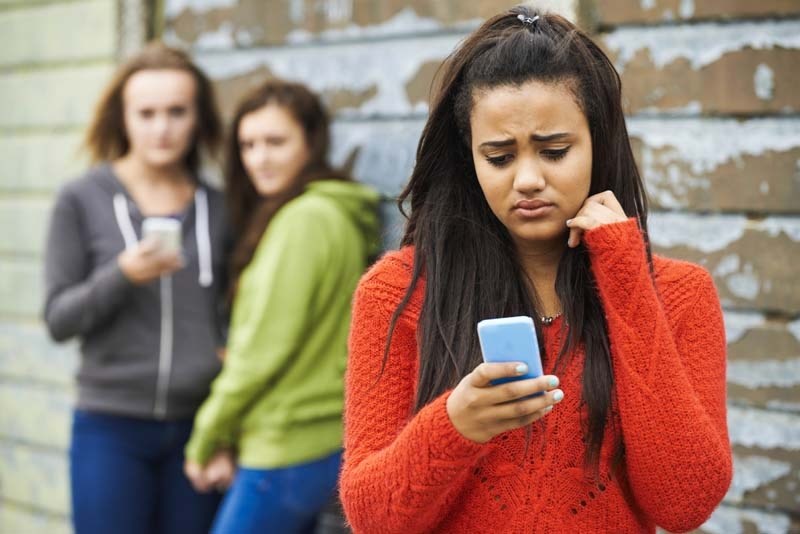Do you know enough about social media to keep your kid out of danger?
That’s the question TED talk speaker Paul Davis posed to an audience of more than 30 parents at Bearspaw school last Thursday night.
During the 90-minute talk, Davis said kids shouldn’t be blamed for getting into trouble or being harmed by social media.
Instead, the Toronto speaker said that parents’ illiteracy of social media sites combined with their loose rules on kid’s internet usage may be at the root of the problem.
“That’s called failing a kid in 2018,” Davis said, adding social media sites including Snapchat, Facebook and Instagram can be the most dangerous since parents often don’t know how to use them and by extension don’t know the risks.
“This is not just a Toronto issue. It’s a small town Alberta Issue as well and parents have had their heads in the sand for too long.”
The current age restriction for Instagram is 13 years old, but Davis said this is too young and some parents are even allowing children younger than that to have an account.
Davis recommended if you are going to allow a young child to use the social media app, it should be for a limited time, parents should be supervising and they should be forbidden from using the explore page as it can frequently be linked to explicit content.
He also warned parents of pedophiles who create fake accounts to get access of a child’s images and then reposts to pornography websites.
“I wouldn’t be foolish enough to let an 11 year old on Instagram,” he said, adding that the results could put your child’s mental health at risk. “You’re going to be mad but realize you’re the one who put them there.”
His solution however, isn’t necessarily to take it away altogether, but to be vigilant of what your child is doing online, give it to them at a mature age and monitor what they are posting.
“I’m not against Instagram at the right age,” he said.
Davis also encouraged parents who are using devices to keep their child busy to use the educational tools available on devices while putting security measures on sites they should not be using.
During the talk, the former techie touched on cyber bullying, the risks of sexting (teens sending nude images of themselves over texting to one another) and digital trails which can be difficult to erase and that can be legally linked to the user if an incident comes up.
“The internet never forgets,” he warned. “The word delete is a myth.”
Carmen Loria, a parent of three, said she’ll be using Davis’ advice, and said she’ll especially be rethinking her 10-year-old’s Instagram account.
“I set it up, I can control it. But now after what he just told us – who’s preying on it, whose looking at those pictures and where they’re going,” Loria said. “That’s kind of scary now. I’m going to have to re-evaluate.”




